Explore your spice rack (or, for the green-thumbed, your windowsill) to elevate your home-cooked meals while also supporting your well-being. Herbs and spices go beyond just adding flavor; they're nutritional powerhouses offering various health benefits.
From bolstering immunity and aiding digestion to quelling inflammation and promoting heart health, these flavorful ingredients are must-haves in your kitchen arsenal. A 2023 study published in Food Quality and Preference even suggests that they can help reduce sodium intake by enhancing the inherent saltiness of meals. "Experimenting with different herb or spice combinations is a fantastic method to cut down on added sodium in the diet without compromising on taste," explains Annette Snyder, MS, RD, CSOWM, LD, a dietitian with Top Nutrition Coaching.
"Numerous herbs and spices harbor compounds with medicinal properties," notes Tami Best, MS, RDN, IFNCP, a functional and integrative dietitian affiliated with Top Nutrition Coaching.
Below, discover the top herbs and spices to include in your meal prep stash for optimal health benefits.
1) Tumeric
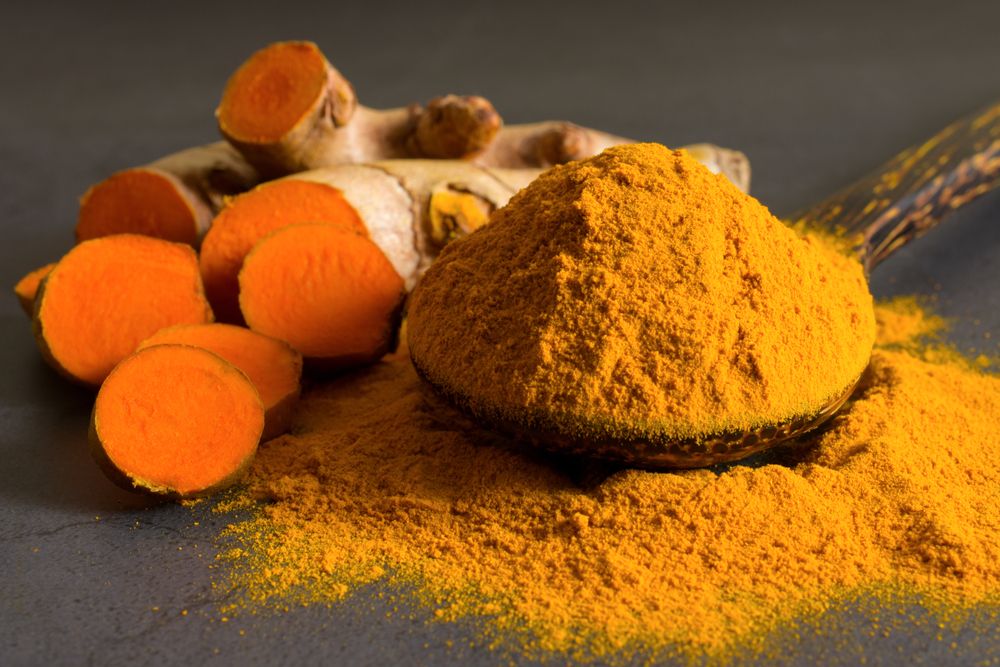
Turmeric gained widespread attention through the popularity of golden lattes, yet its use dates back centuries, tracing roots to at least 500 BCE. This ancient spice, valued for its medicinal properties, features curcumin as its primary active compound. Research, including a 2023 study in the International Journal of Molecular Sciences, suggests curcumin's potential in reducing inflammation and lowering the risk of various ailments like cancer, heart disease, type 2 diabetes, and neurological degenerative conditions.
Incorporating turmeric into your culinary endeavors is effortless, thanks to its mild flavor profile and versatility. Whether adding it to marinades, using it in dry rubs, or enjoying it in golden milk — a personal favorite of Best's — turmeric offers culinary flexibility. "Many golden milk latte recipes also incorporate some of my other favorite spices, such as cinnamon and ginger," notes Best.
A pro tip: Enhance curcumin absorption by combining turmeric with black pepper or a source of healthy fat.
2) Cayenne
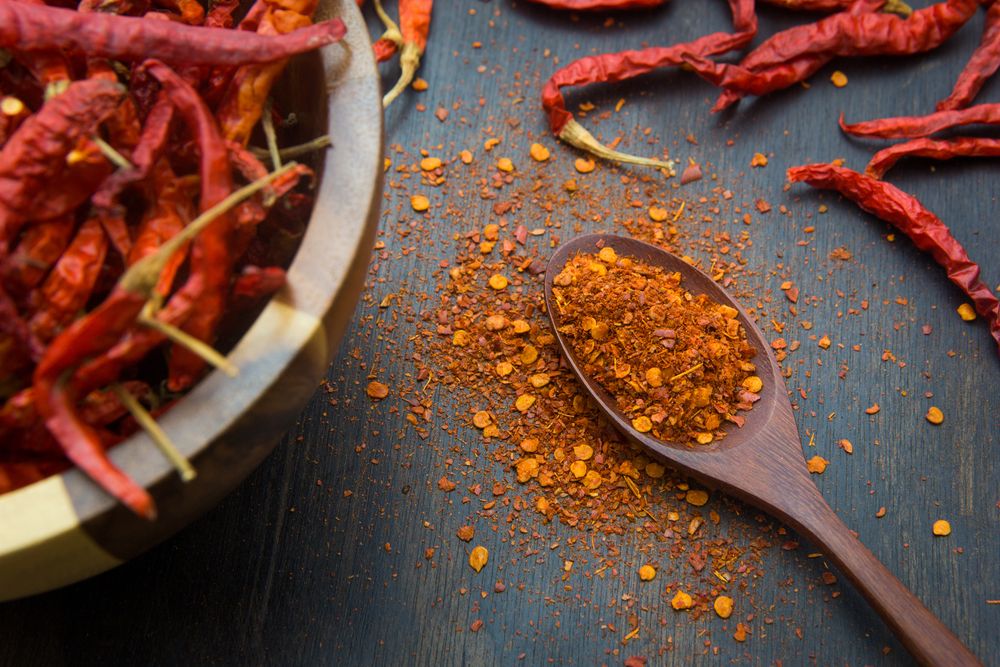
You may have heard claims that spicy food can rev up metabolism and potentially aid weight loss. While the evidence isn't definitive, there's encouraging research supporting capsaicin's role in fat loss. Capsaicin, the primary active compound in cayenne responsible for its heat, is also credited with the spice's potential health benefits.
A 2022 review published in the journal Pharmaceuticals suggests that capsaicin might temporarily suppress appetite. Additionally, it could enhance the gut microbiome by fostering the growth of "anti-obesity" bacteria.
Keep a bottle of cayenne handy for adding a kick to your dishes. Sprinkle a few dashes onto over-easy eggs, salsa, seafood, meats, or even popcorn. For a flavorful marinade, blend garlic, lemon juice, honey, soy sauce, olive oil, and cayenne, then coat chicken for a satisfyingly spicy supper.
3) Holy Basil
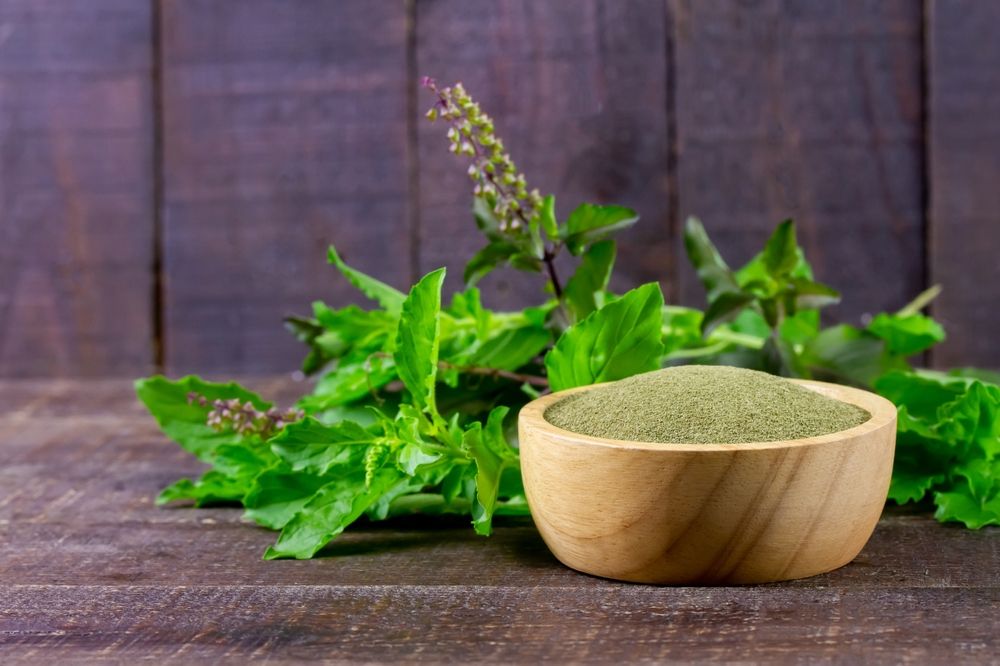
Unlike its sweeter counterpart, regular basil, which harmonizes with mozzarella and tomato in Caprese salads, holy basil boasts a peppery and slightly spicy flavor profile, often featured in various Asian cuisines. Beyond its culinary uses, holy basil serves as an adaptogen, as described by Best, meaning it aids the body in adapting to stress and promotes overall balance.
According to a 2022 study in Frontiers in Nutrition, supplementation with holy basil extract for two months demonstrated improvements in stress levels and sleep quality among participants. However, it's important to note that extracts are typically more concentrated than the fresh herb itself, and further research is warranted to draw definitive conclusions regarding holy basil's efficacy as a stress or sleep aid.
Nevertheless, holy basil offers a delightful option for brewing tea, especially when infused with honey for a touch of sweetness, suggests Best. Additionally, it complements stir-fries and savory noodle dishes with its distinct flavor.
4) Ginger
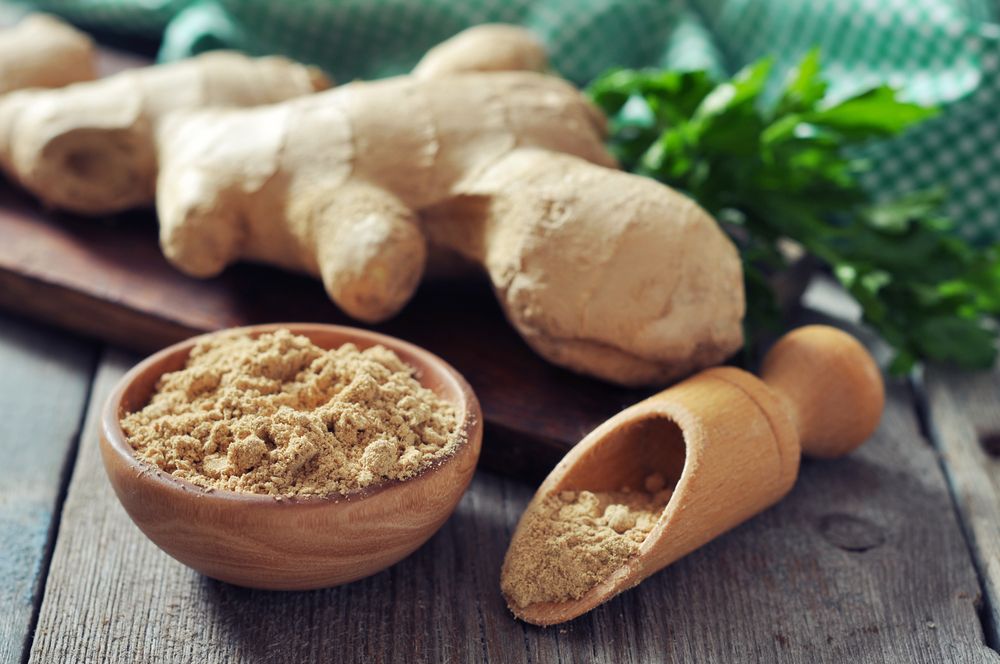
Certainly, ginger isn't just reserved for soothing teas; it can also be grated into smoothies and soups to impart a zesty flavor. "Ginger boasts an array of potent compounds, such as gingerol, which can stimulate gastric emptying and support regular bowel movements," explains Snyder.
A 2019 study published in Foods highlights ginger's antioxidant and anti-inflammatory properties, which shield against oxidative stress. Interestingly, the study suggests that dried and stir-fried ginger contain higher levels of antioxidants compared to fresh ginger, underscoring the importance of incorporating this aromatic spice into cooked dishes.
5) Cinnamon
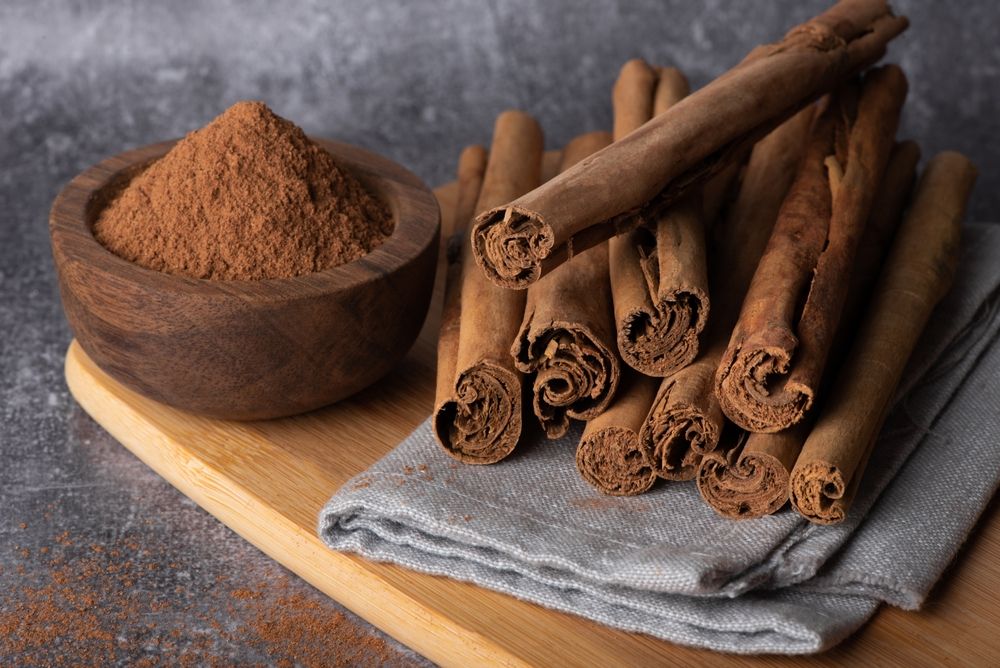
Don't reserve cinnamon solely for the holiday season—its myriad benefits will encourage year-round use. Besides possessing anti-inflammatory and antioxidant properties, cinnamon appears to play a role in regulating blood sugar levels.
"Cinnamon aids the liver in metabolizing glucose and may reduce the reliance on synthetic insulin among individuals with type 2 diabetes," notes Best. A 2009 study published in the Journal of Medicinal Food suggests that cinnamon may enhance insulin sensitivity and mitigate glucose intolerance following insufficient sleep, a period when blood sugar levels typically surge.
"Cinnamon also enhances insulin utilization in the brain, potentially benefiting neurological conditions like Alzheimer's disease by regulating elevated blood glucose levels in the brain," adds Best.
For a naturally sweet touch, consider incorporating cinnamon into overnight oats, applesauce, and yogurt parfaits.
6) Oregano
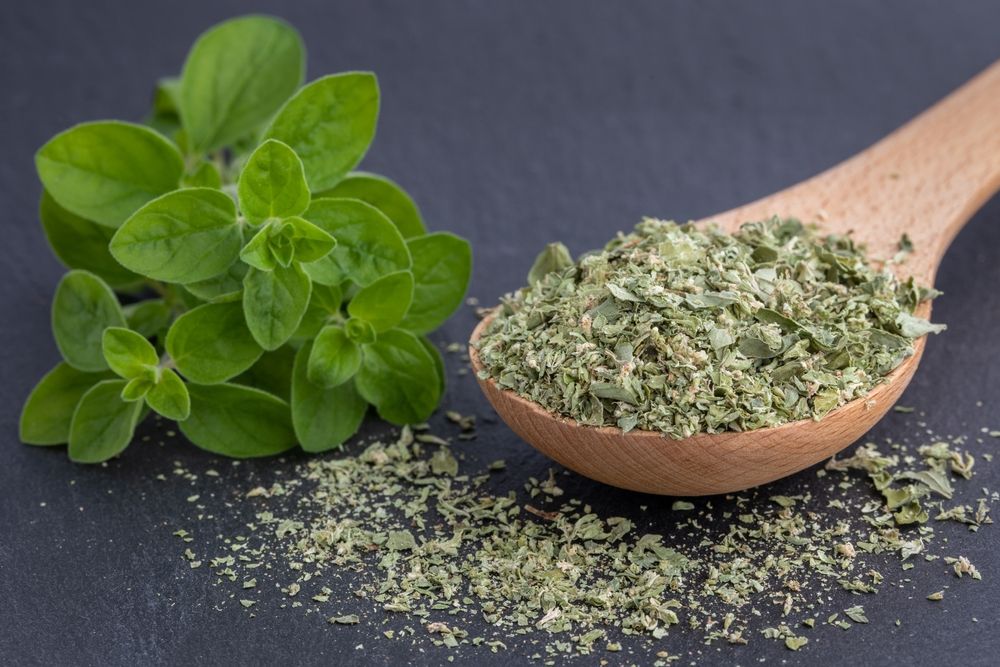
You might be overlooking the potential benefits of oregano if its main appearance in your kitchen is reserved for pizza nights. The key constituents of oregano oil, namely carvacrol and thymol, have shown promise in preventing certain viruses from infiltrating the body's cells, providing some support to the immune system, as highlighted by Snyder, referencing a study published in the 2020 Journal of Virology.
Fresh oregano boasts a stronger fragrance compared to its dried form and serves as a delightful inclusion in salads, marinades, grilled dishes, and savory baked goods (think homemade focaccia).
7) Black Pepper

Black pepper not only enhances the absorption of certain antioxidants, such as curcumin found in turmeric, but it also boasts its own array of benefits. Piperine, the active compound in black pepper, is linked to the treatment of age-related neurological disorders and combating brain aging, as outlined in a 2023 report published in Aging and Disease.
While you likely already have black pepper readily available in a shaker on your kitchen table for convenient seasoning, there are numerous other ways to incorporate this spice to elevate the flavor profiles of meals and even desserts. For instance, consider adding a sprinkle of black pepper to fruit salads for an unexpected kick or using it as a garnish on homemade baked goods.
8) Rosemary
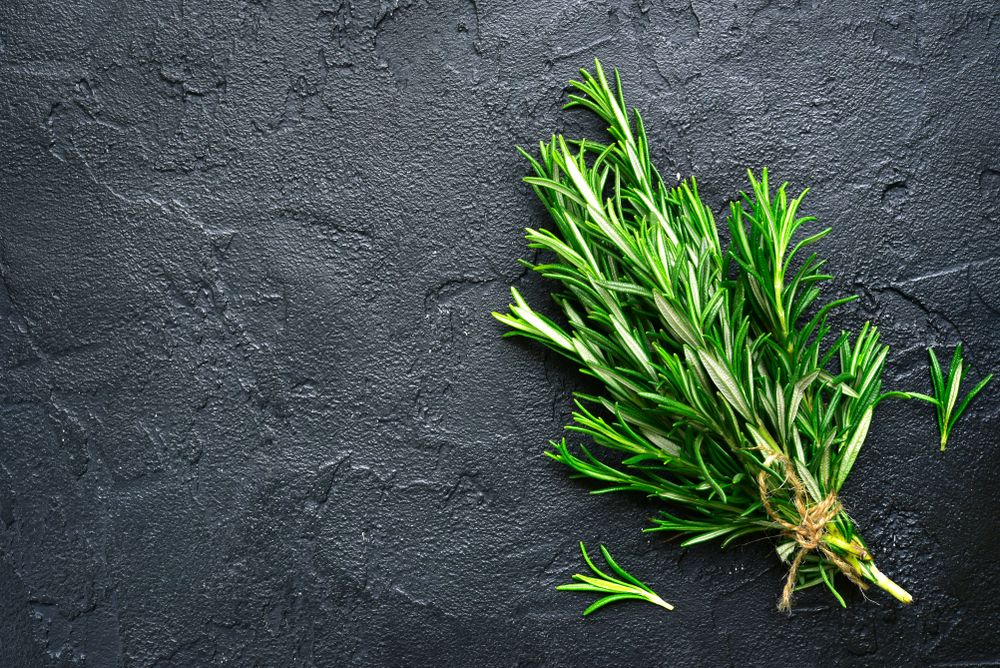
When searing steak or chicken, consider adding a few sprigs of rosemary to the pan to impart a delicious herby flavor to the meat. For those following a plant-based diet, rosemary serves as a fantastic complement to sautéed veggies and tofu.
According to Snyder, this herb not only enhances flavor but also provides protective plant compounds like antioxidants. Polyphenols, a specific type of antioxidant found in rosemary, have been shown to combat inflammation by slowing down cytokines, which regulate the body's inflammatory response, as demonstrated in a 2020 study published in the Iranian Journal of Basic Medical Sciences.
9) Mint
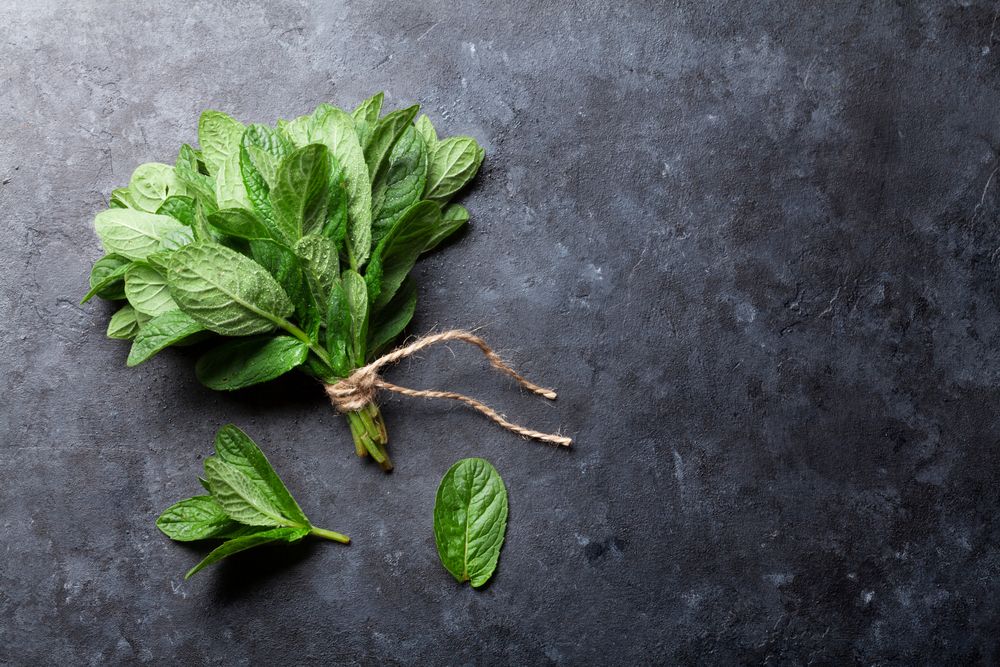
Few scents are as invigorating as peppermint. Research from a 2020 meta-review of controlled clinical trials, published in Clinical and Translational Science, indicates that peppermint oil can alleviate symptoms of irritable bowel syndrome (IBS) when taken over a 12-week period. "The menthol compound present in peppermint oil is believed to aid by relaxing muscles in the digestive tract," explains Snyder.
If you experience bloating and gas, integrating peppermint tea into your nightly or daily routine may be beneficial. Additionally, during the day, you can easily prepare an iced version. "I adore freshly crushed mint stirred into lemonade and sparkling water in the summer—it's so revitalizing," adds Snyder.
10) Sage
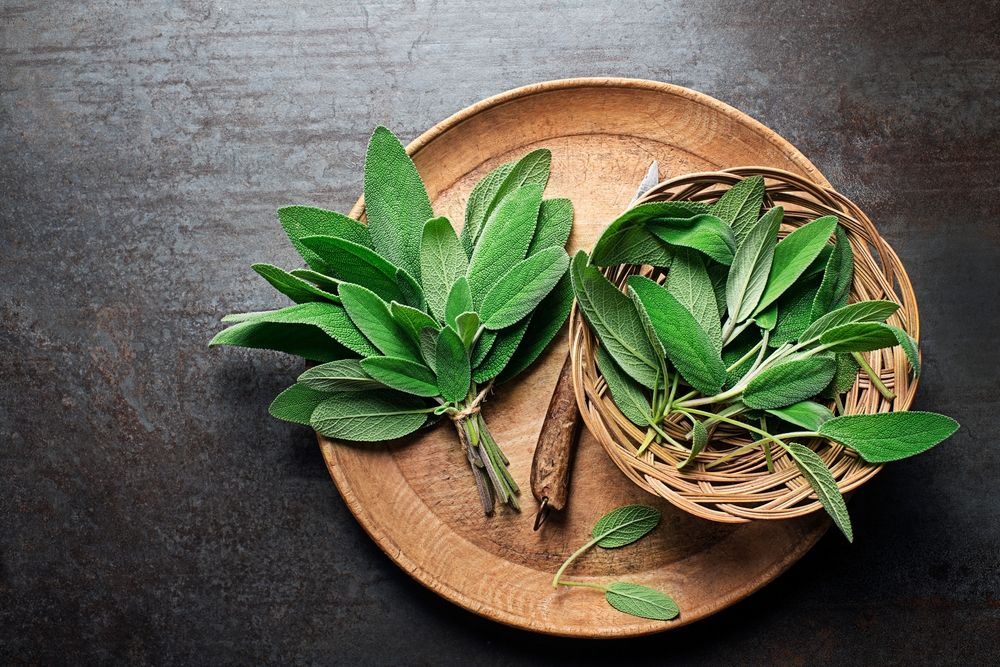
It appears the adage "You are what you eat" might hold true for this cognition-enhancing herb. Sage has been associated with memory improvement, particularly immediate word recall, as evidenced by a small 2003 study published in Pharmacology, Biochemistry, and Behavior. Additionally, sage extract was observed to enhance brain function in individuals with mild to moderate Alzheimer's disease, as documented in a 2003 study in the Journal of Clinical Pharmacy and Therapeutics.
Incorporating sage into your culinary repertoire offers numerous possibilities. Its earthy, peppery flavor complements a variety of dishes, including seared chicken and steaks, pasta dishes, roasted veggies, and soups. You can also utilize it to infuse brown butter with flavor as a finishing touch.
11) Garlic
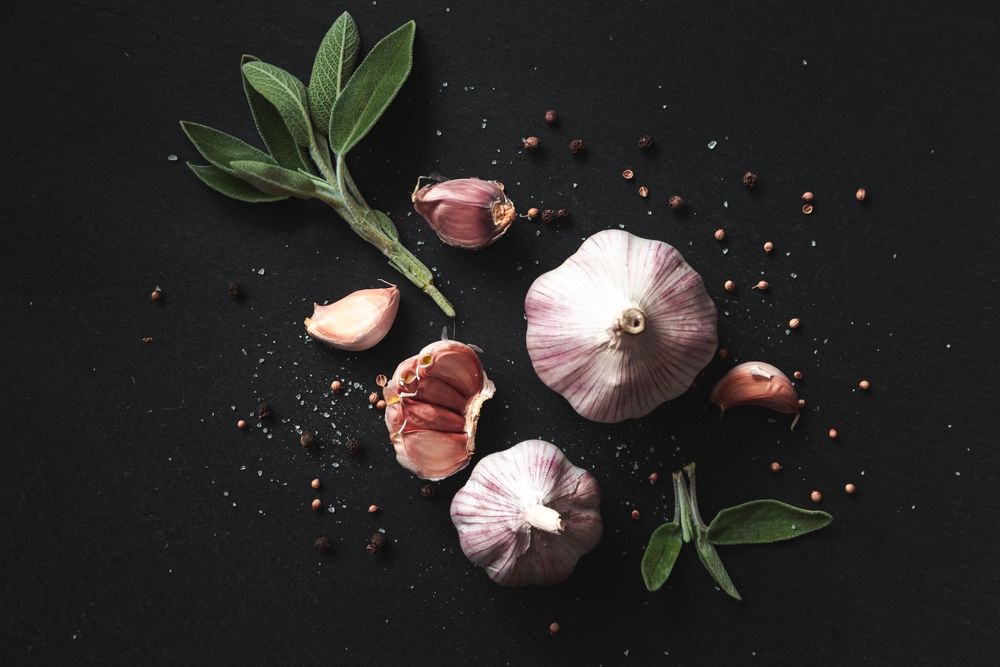
Don't be deterred by garlic's pungent aroma; this potent plant food boasts numerous health benefits, primarily attributed to its odorous organosulfur compounds. A 2019 study published in Trends in Food Science & Technology suggests that garlic possesses antiviral properties that can bolster immunity. "The sulfur compounds found in garlic enhance immunity by activating microbe-fighting neutrophils, also known as white blood cells," explains Snyder.
When garlic is crushed, it releases allicin, a sulfur compound associated with immune-supportive properties. So, the next time you're preparing pasta or stir-fry, consider sautéing some crushed garlic and incorporating it into the dish. "Garlic can also be used to season eggs or avocado toast for breakfast, add flavor to salad dressings at lunchtime, and enhance glazes and rubs for protein-rich foods at dinner," suggests Best.

